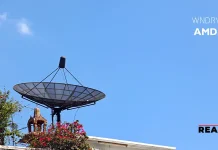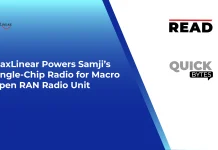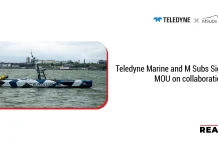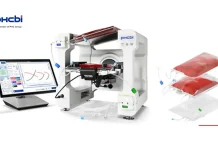A wide variety of research and technology development payloads sponsored by the International Space Station (ISS) National Laboratory will soon launch to the orbiting laboratory. These payloads are among the more than 4,700 pounds of cargo onboard SpaceX’s 25th Commercial Resupply Services (CRS) mission (contracted by NASA), launching no earlier than 8:44 p.m. EDT on Thursday, July 14, from NASA’s Kennedy Space Center.
The ISS National Lab-sponsored research on this mission is intended to bring value to our nation and stimulate a robust market in low Earth orbit. Payloads include research in the areas of biomedical and physical sciences, advanced materials, and fluid dynamics, along with technology demonstrations and student-led investigations. Examples include the following:
Also Read: Cavan Solutions Inc. Awarded the FAA Systems Engineering and Technical Innovative Solutions Contract
- A tissue chip investigation from the University of California, San Francisco will examine the relationship between immune function, healing outcomes, and aging. Results could help lead to new treatment options for elderly and immunocompromised patients on Earth. This is one of multiple experiments on this mission funded by the National Center for Advancing Translational Sciences, a center within the National Institutes of Health. These investigations utilize tissue chips, which are small devices containing human cells that model the structure and function of human tissues. Using tissue chips in space, researchers aim to improve disease modeling for more accurate drug testing.
- Multiple projects funded by the U.S. National Science Foundation will study fluids in the unique microgravity environment. This includes a project from Arizona State University that could potentially improve drug development by creating and testing predictive models of flow between proteins to better understand hydrodynamics. Many processes that affect the behavior of fluids on Earth, such as convection, sedimentation, and buoyancy, are absent in microgravity, allowing researchers to study fluids in ways not possible on Earth.
- A student-led investigation will test a new technique that could be used to detect waterborne pathogens on the space station and in remote locations on Earth. This project is part of the Genes in Space educational program, which holds an annual competition for students in grades 7 through 12 to propose genetics-related experiments leveraging the ISS National Lab.
- Continued research from Procter & Gamble’s (P&G) Tide research and development team will evaluate the viability of cleaning detergents for use in space and the development of low-resource-use laundry solutions for more sustainable, everyday products on Earth. As part of P&G’s ambition to develop a highly effective detergent solution for resource-constrained environments, the company will continue its space-based research to evaluate key ingredients found in Tide To Go Pens and Tide To Go Wipes.
- An investigation from the Massachusetts Institute of Technology will test the functional performance and resiliency of a fabric that simultaneously senses and protects in the extreme space environment. Such fabric could be integrated into spacesuits or the exterior of spacecraft to provide data on damage from debris impact. This and other investigations on this mission will utilize the extreme environment of space to put new materials to the ultimate durability test.





